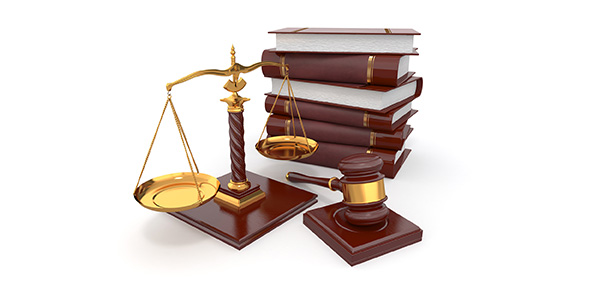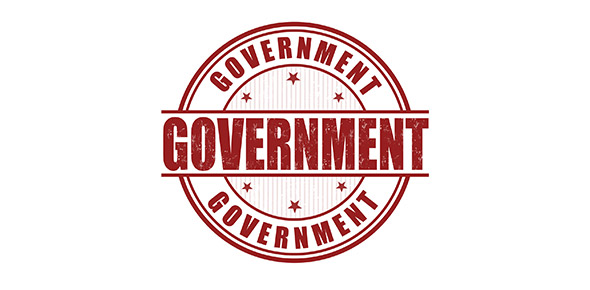Related Flashcards
Related Topics
Cards In This Set
| Front | Back |
|
An ongoing organization that performs certain functions for
society.
|
Institution
|
|
Disagreements among people in a society over what the
society’s priorities should be when distributing scarce resources.
|
Social conflict
|
|
The process of resolving conflicts over how society should use its
scarce resources and who should receive various benefits, such as public health
care and public higher education.
|
Politics
|
|
The individuals and institutions that make society’s rules
and that also possess the power and authority to enforce those rules.
|
Government
|
|
The ability to influence the behavior of others, usually through the use
of force, persuasion, or rewards.
|
Power
|
|
The ability to exercise power, such as the power to make and enforce
laws, legitimately.
|
Authority
|
|
Essential services that individuals cannot provide for themselves, such
as building and maintaining roads, providing welfare programs, operating public
schools, and preserving national parks.
|
Public Service
|
|
A form of government in which the power and authority of the government
are in the hands of a single-person.
|
Autocracy
|
|
A form of autocracy in which a king, queen, emperor, empress, tsar, or
tsarina is the highest authority in the government; monarchs usually obtain
their power through inheritance.
|
Monarchy
|
|
The theory that a monarch’s right to rule was derived directly from God
rather than from the consent of the people.
|
Divine Right Theory
|
|
A form of government in which absolute power is exercised by
a single person who usually has obtained his or her power by the use of force.
|
Dictatorship
|
|
A system of government in which the people have ultimate political
authority. The word is derived
from the Greek demos (the people) and
kratia (rule).
|
Democracy
|
|
A system of government in which political decisions are made by the
people themselves rather than by elected representatives. This form of government was practiced
in some areas of ancient Greece.
|
Direct Democracy
|
|
A form of democracy in which the will of the majority is expressed
through smaller groups of individuals elected by the people to act as their
representatives.
|
Representative Democracy
|
|
Essentially, a representative democracy in which there is no king or
queen and the people are sovereign.
|
Republic
|





